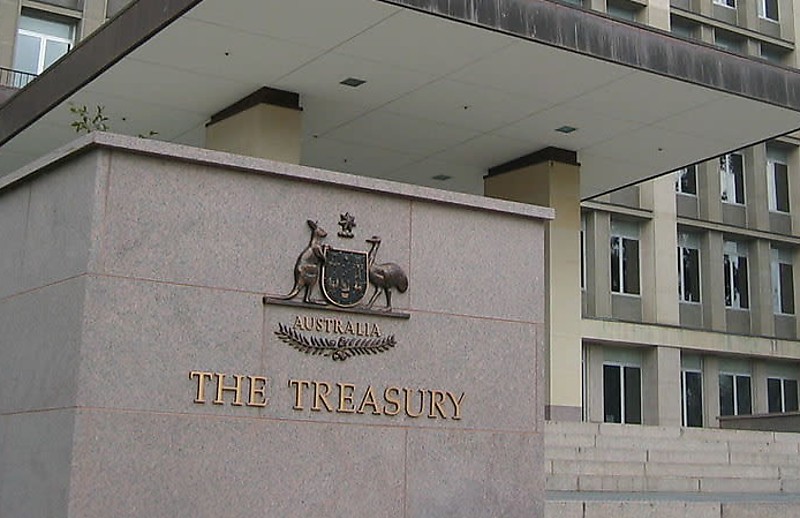The NTAA has fired a broadside at the government’s $3 million threshold for extra tax on super, saying the rules should be waived to allow the early withdrawal of excess balances before the limit is imposed in two years.
It said those who would exceed the threshold in July 2025 but had yet to meet condition-of-release requirements should be given free rein to restructure.
“Individuals should be allowed to withdraw part or all of their excess super balances (ie, above $3 million) without having to satisfy an existing condition of release,” the NTAA said in its submission on the proposal.
“In this regard, the government could introduce an additional condition of release just for this purpose.”
“Any such withdrawals should be tax-free to the individual, irrespective of their age. Any asset disposals in a fund to facilitate such withdrawals should be exempt from CGT.”
It said if the rules were unchanged, they would disadvantage many who had accumulated large superannuation balances under existing tax concessions but had yet to meet the criteria for super release.
The NTAA criticism was just one among many in its submission to Treasury on the proposal, which it said would discourage saving in super, penalise many in retirement phase, was inconsistent with taxation principles and have unintended consequences including a “death tax”.
An individual entitled to a reversionary pension upon the death of another person could find their total superannuation balance exceeding the $3m threshold – “in effect, imposing a 15 per cent additional tax in this situation will be seen as a form of ‘death tax’”.
“As this is an unavoidable outcome (and an unintended consequence) for a recipient beneficiary, the NTAA submits that the government should consider excluding the value of a reversionary pension from a beneficiary’s TSB when applying the proposed 15 per cent additional tax,” it said.
For similar reasons, superannuation splits that occurred upon relationship breakdowns or divorce should also be excluded, it said.
“This approach would be consistent with CGT rollover relief that applies under the existing law for asset transfers between spouses.”
Another unintended consequence disadvantaged individuals in pension phase who were compelled to draw down a minimum annual amount but had to add withdrawals made during the year back into TSB calculations.
“[This] effectively increases the amount of their earnings for that year, resulting in a higher 15 per cent additional tax liability.
“For this reason, the NTAA submits that the government should amend the proposed measure to ensure that minimum annual pension withdrawals are not added back to an individual’s TSB for the purposes of the proposed 15 per cent additional tax.”
In common with other critics, the NTAA also highlighted that the tax would apply to unrealised capital gains which was:
- Inconsistent with the existing tax law.
- A negation of the general CGT discount.
- Creating a tax liability without a corresponding cash inflow to meet the liability.
- A double tax – once on earnings and a second time when the asset was sold.
- Without a mechanism to adjust for capital gains that were reversed in subsequent years.
It said the absence of indexation for the $3 million TSB threshold meant “many more individuals being affected by this measure over time” and the government reasoning for this was inconsistent with the treatment of the total balance cap, which was indexed when it was introduced in 2017 and would soon rise to $1.9 million.
It also submitted that adding limited recourse borrowing arrangements into the TSB calculation led to another unintended consequence that “could cause the individual’s TSB to exceed $3 million” and should be excluded.
Overall, the proposal created “further uncertainty for Australians when it comes to making decisions about future investments in superannuation”.
“Changes that have the effect of reducing superannuation tax concessions create uncertainty about the scope for further changes being made. This has the potential to divert investment behaviour away from the superannuation environment.”
The consultation period on the proposals ended yesterday.
 Login
Login








You are not authorised to post comments.
Comments will undergo moderation before they get published.